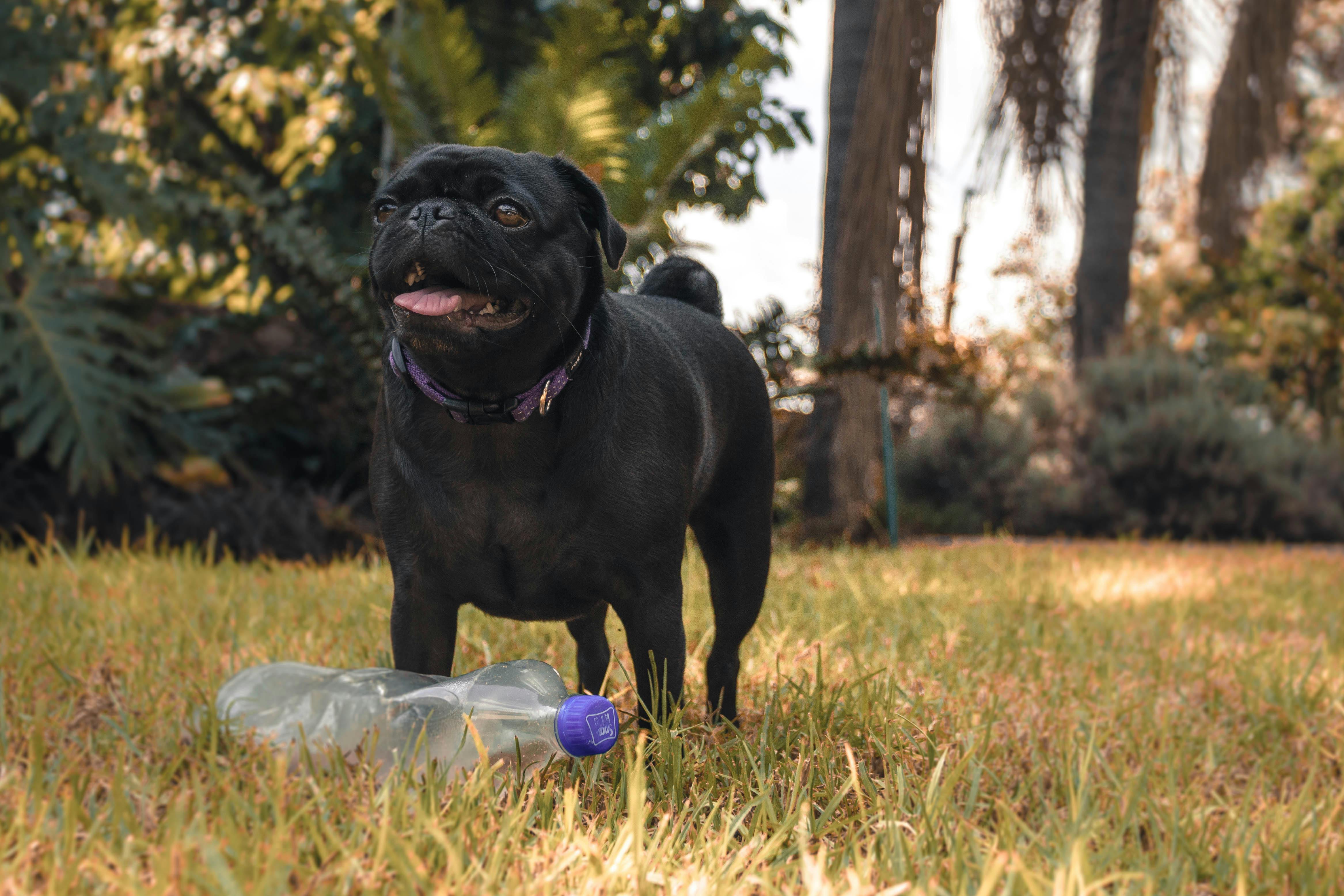
Chinchilla Tricks – Treats for your pet
The surprise of learning about your chinchilla pet’s ability to learn tricks does not end there. Considering that they have a long memory and are one of the most curious and playful creatures in the animal kingdom, owners can have many memorable moments with their chinchillas, especially with the variety of tricks that can be taught to them. They can be taught to jump, climb up an arm, peck on the cheek, stay perched on a shoulder, make them stand on their hind legs, and much more.
Although the chinchilla’s long memory plays an important role in trick training, it is also necessary to have treats to reward them for a job well done. Like many members of the animal kingdom, offering an incentive for them to take on a task not only allows them to work hard, but also gives them a sense of trust and a strong connection to their owners.
Chinchilla treats also work well as snacks, giving your pet something different and light to chew and nibble on before and after meals. Although treats can help owners control their diet, it’s important to note that chinchillas have small and delicate digestive systems. Owners should control the amount of treats they offer their pets, never doling out too much or substituting treats. Overeating can cause health complications, such as gastrointestinal problems.
There are basic and all-natural chinchilla treats that owners can choose from. Dried grapes, peanuts, and sunflower seeds make great, healthy snacks to munch on. Even small doses of hay-based pellets used for their meals can be used to lure them into doing tricks and chores. Again though, as healthy and organic as this option sounds, it’s still important to portion out the treats. Too much of anything has its price. Grapes can be the cause of diarrhea, and peanuts and sunflower seeds can cause obesity.
Other natural varieties rich in vitamins and minerals include dried fruits, some vegetables, cereals, bread, and other wheat products. Since chinchillas are generally herbivorous, treating them with crunchy bits of carrots and celery is a healthy option. Banana chips, dried papaya, apples, pears, and blueberries are tastier options. The downside to these options is that several commercially available varieties of flour mix hay-based pellets with these ingredients. Your pet chinchilla may prefer fruits and nuts, picking them out and discarding the pellets. These pellets are still important because they contain important vitamin and protein supplements in your diet. One such product available is “Chinchilla Cocktail Mix” from Vitakraft.
Wheat products are a good source of fiber. Although cereals, especially sugar-coated ones like Cheerios, can be a treat for your chinchilla, they are high in fat. Try to avoid “frosty” labels or products that include sugar in their ingredients to enhance flavor. It is always important to maintain a healthy diet that is high in fiber and low in fat for your chinchilla pet.
There are also other chinchilla treats available at pet stores that take advantage of the adorable imagery of chinchillas. Brown’s brand offers “Crunchy Carrot Cake Treats” in the form of slices of cake with pieces of dehydrated carrot. There are also in the form of bars and sticks that make feeding your pet easier and more enjoyable, making it stand on its hind legs.
Treats are important when training your chinchilla pet. Help motivate them to remember whatever you teach them to do. Knowing the different types gives owners more options to choose from, especially those that can keep their pet happier and healthier.